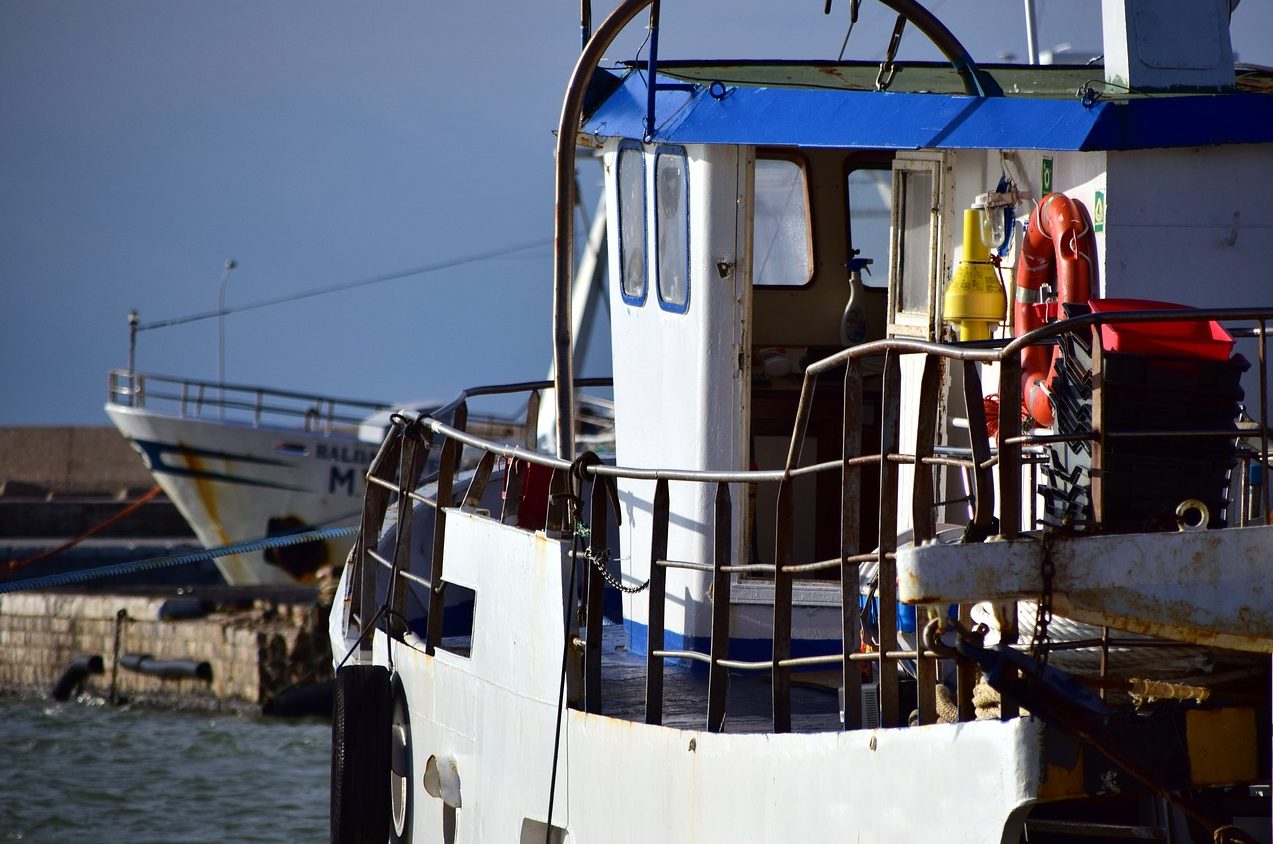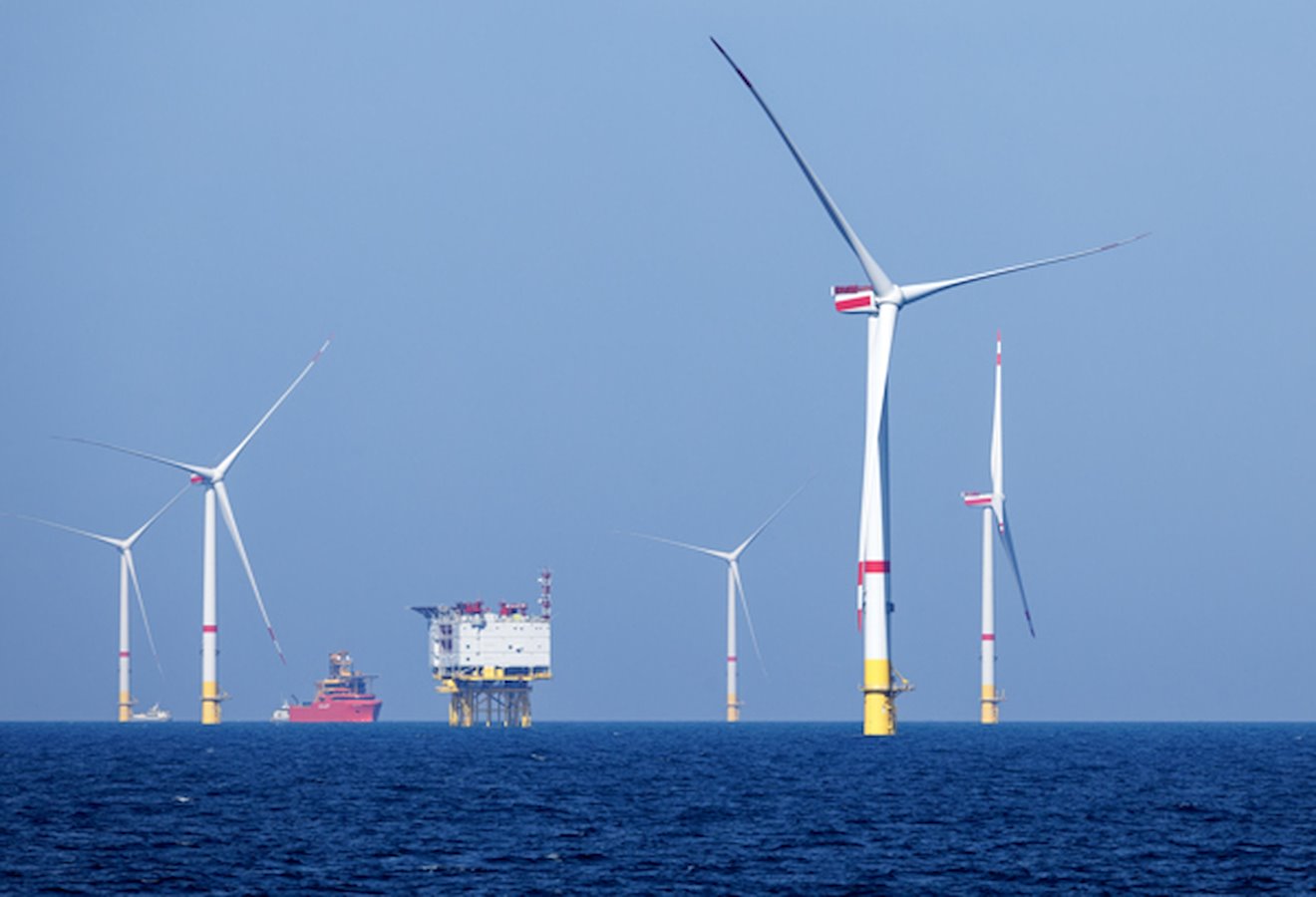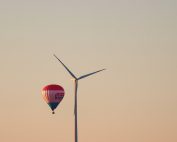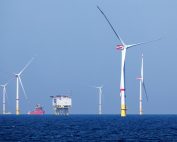Members of the European Parliament adopted a resolution of July 7, 2021 on the impact of offshore wind farms and other renewable energy systems on the fisheries sector. The document stresses the need to avoid possible negative and long-term impacts of offshore wind turbines on certain ecosystems, fish stocks and biodiversity, and consequently on the entire fisheries.
The European Parliament is sounding the alarm over the future construction of offshore wind farms. The construction of new wind turbines in the seas of the Old Continent could have a serious negative impact on fisheries. They demand the introduction of measures to safeguard the lives of fishermen. The resolution was adopted on Wednesday July 7, 2021 with 512 votes in favor, 21 against and 159 abstentions.
The resolution stressed that fishermen and stakeholders must be “fairly involved” in the decision-making process for building wind turbines in European waters. Such cooperation could help reduce the potential negative impacts of wind turbines on fisheries and strengthen the relationship between the sectors involved.
Coastal and small-scale fishing, which covers 80 percent of all fishing vessels in the EU, may be particularly affected by the installation of new wind turbines in the sea. Member States should provide for adequate compensation for affected fishermen and facilitate access to insurance for vessels operating in or passing through areas with wind turbines.
The importance of cooperation with Great Britain was emphasized. More than 85 percent of all offshore wind capacity in EU-27 waters is concentrated in the northern waters (North Sea, Baltic Sea and North-East Atlantic). EU fishermen will continue to share water with UK fishermen.
More research is needed
To minimize the risks associated with the large-scale deployment of offshore wind energy, the European Parliament also calls for more research on how to avoid and mitigate the negative effects of wind turbines on the sea basin during construction, operation and decommissioning. MEPs express concern about the lack of research on decommissioning of offshore wind turbines and the environmental consequences of such decommissioning.
We read in the resolution that Member States should ensure that wind turbines are located away from fishing grounds and only built if there is a guarantee that there will be no negative impact on the environment, ecology, socioeconomics and socioculture, in line with the assumptions of the Blue Economy and the European Green Deal.
All hope is in floating technology. Floating wind farms can be deployed in deep waters, which widens the area in terms of profitable renewable energy sources development, while reducing their visibility from the shore. Parliamentarians therefore call on the Commission and Member States to support the development and commercialization of floating technology that will further reduce their impact on fisheries.
Let us recall that, according to the European Commission’s forecasts, 30 percent of the EU’s electricity demand in 2050 will be met by offshore wind energy, which means an increase from the current 12 GW of offshore wind power in the EU-27 to the target value of 300 GW in 2050.













